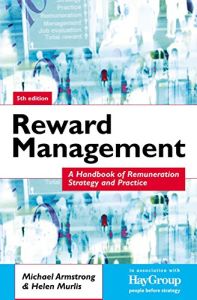
Reward Management
A Handbook of Remuneration Strategy and Practice
Read offline
Recommendation
Tricky as it may sound to execute, this is a solid, concise introduction to reward strategy and management. Authors Michael Armstrong and Helen Murlis begin with the broadest, most elementary definition of reward strategy and management, but quickly dig down to pay dirt. They provide insider details on job evaluation schemes, antidiscrimination legislation, motivation and the other logistical choices required for reward management. Considered a classic by some in the field, their book offers quite a granular discussion of grade and pay structures, performance management, contingent pay and even the use of consultants. Its primary flaw is its steady use of one author’s employer - the Hay Group consulting firm - as the constant exemplar of reward scheme models and methods. getAbstract.com finds that this thorough, practical book provides all the ingredients you need to cook up a "best practices" reward management program.
Summary
About the Authors
Michael Armstrong is joint managing partner of an e-rewards Web site and a former Chief Examiner (Employee Reward) for the Chartered Institute of Personnel and Development. Helen Murlis, CCIPD, is a director of Hay Group.


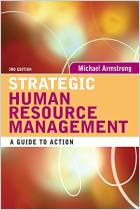
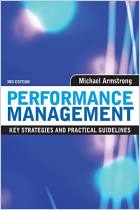
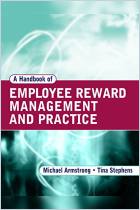
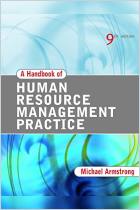
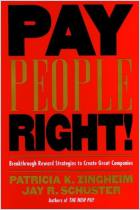
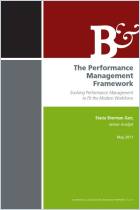

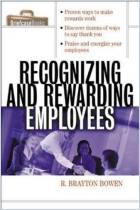
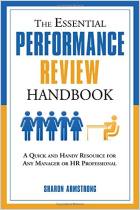




Comment on this summary